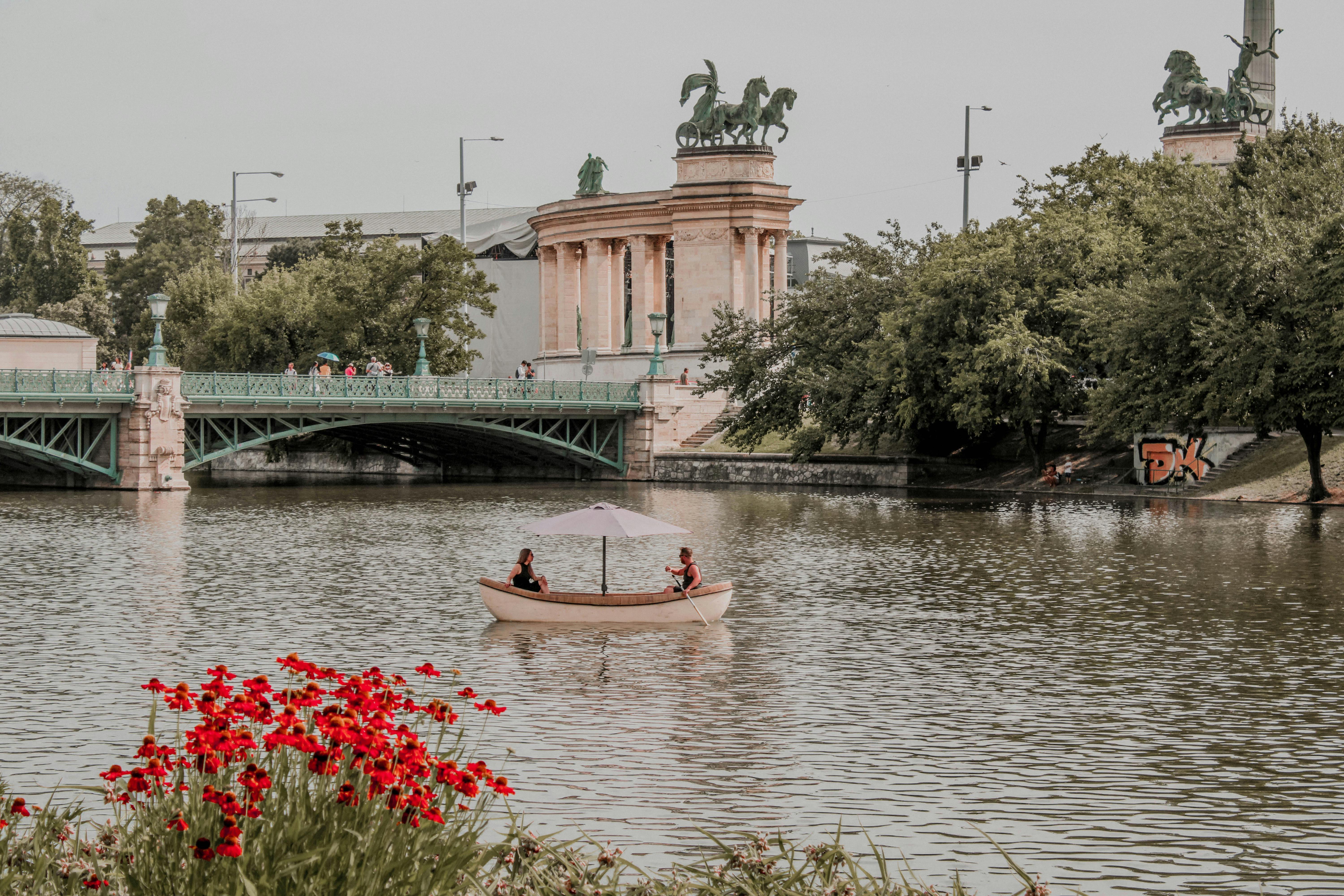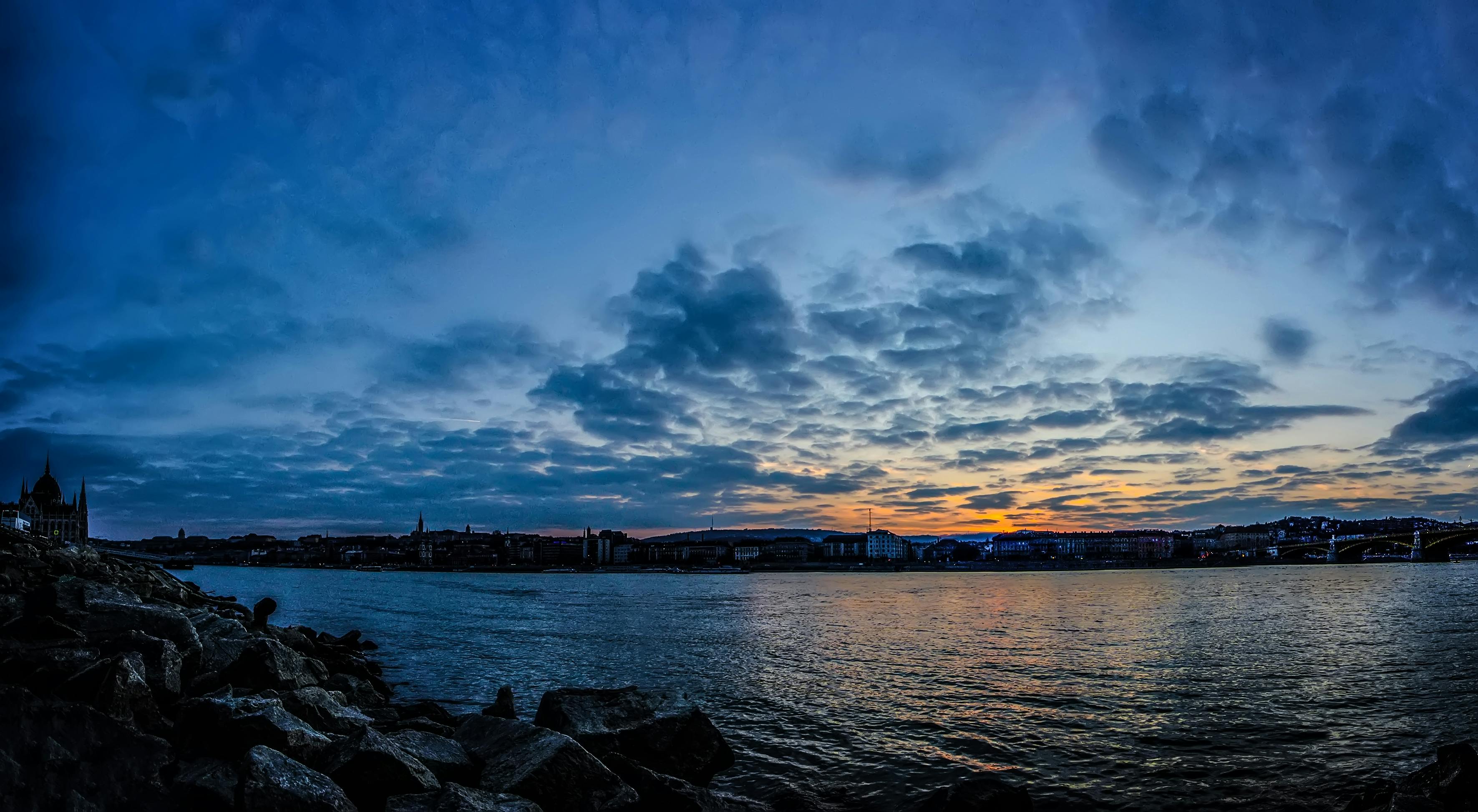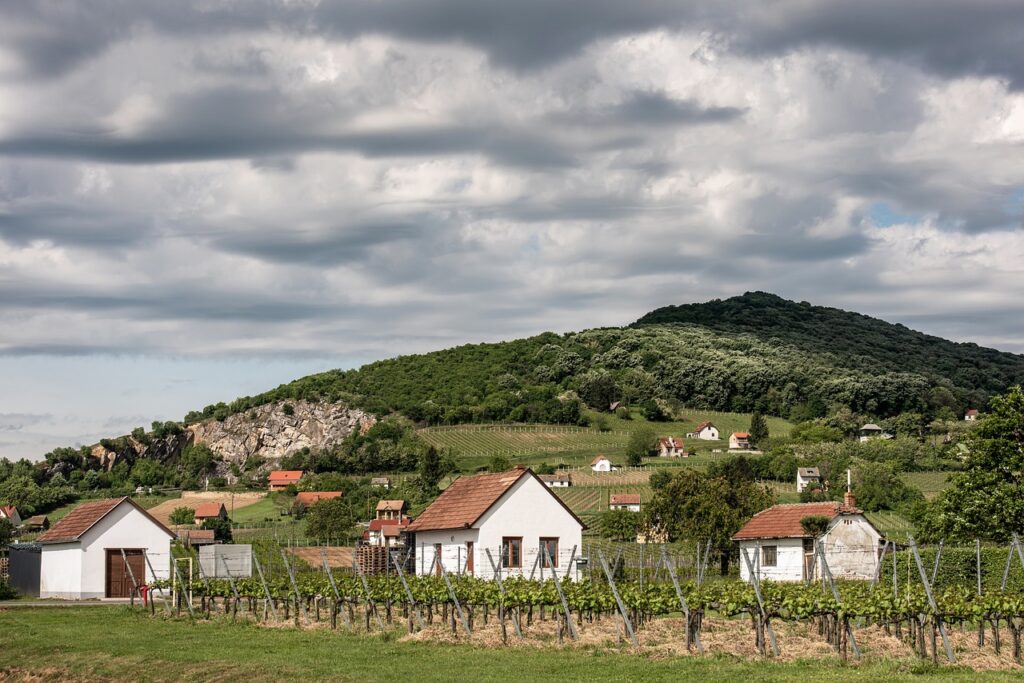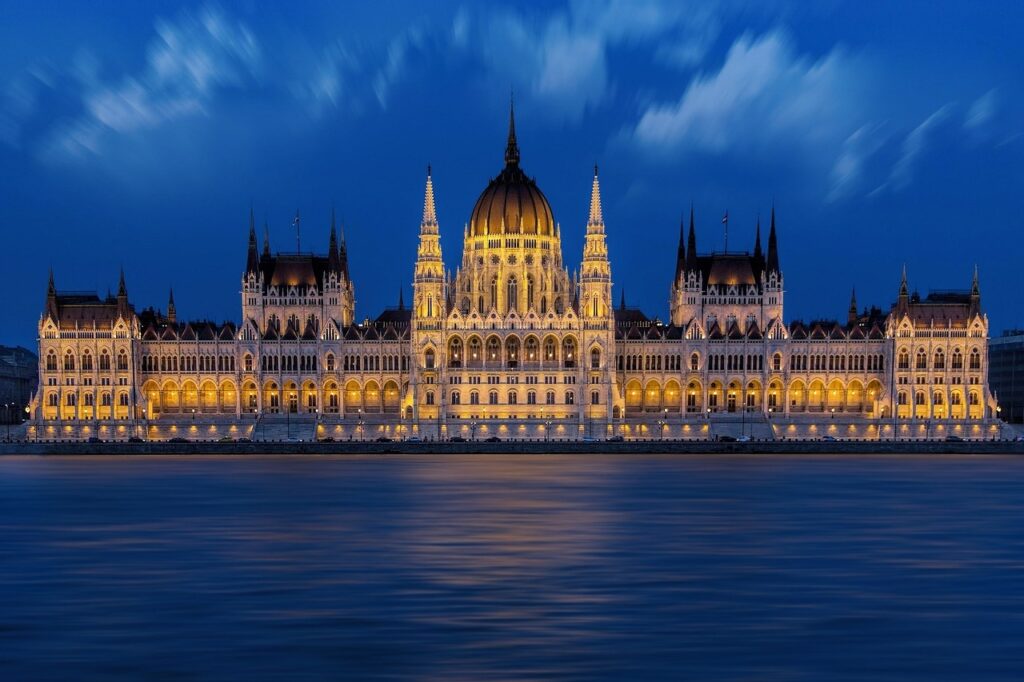Sandwiched in the heart of Eastern Europe, Hungary is a haven of rich history and resplendent culture amidst breathtakingly beautiful landscapes-all waiting to be explored on the thinnest of shoestring budgets. As a poor backpacker, you are probably no stranger to the quest for inexpensive adventures, and Hungary is just the right place to satiate your wanderlust.
From the breathtaking Danube River to the impressive Parliament Building, one will be captivated by the grandeur of Budapest. But beyond the capital city, there’s a whole world of thermal lakes, rolling hills, and quaint villages begging to be discovered.
It takes only € 10-20 per day to get the feeling of very European charm mixed with Eastern European grit in Hungary: eat hearty goulash, wander around ancient ruins, soak in thermal waters-but on the cheap.
In this article, we show insider hints and tips for exploring Hungary on the tiniest budget. From affordable accommodation to delicious street food, off-the-beaten-track attractions to local secrets, we will show you how to get the best from Hungary without compromising your savings.
So, pack your luggage, get ready with the rucksack, and hold yourselves tight to explore the secret of Eastern Europe.
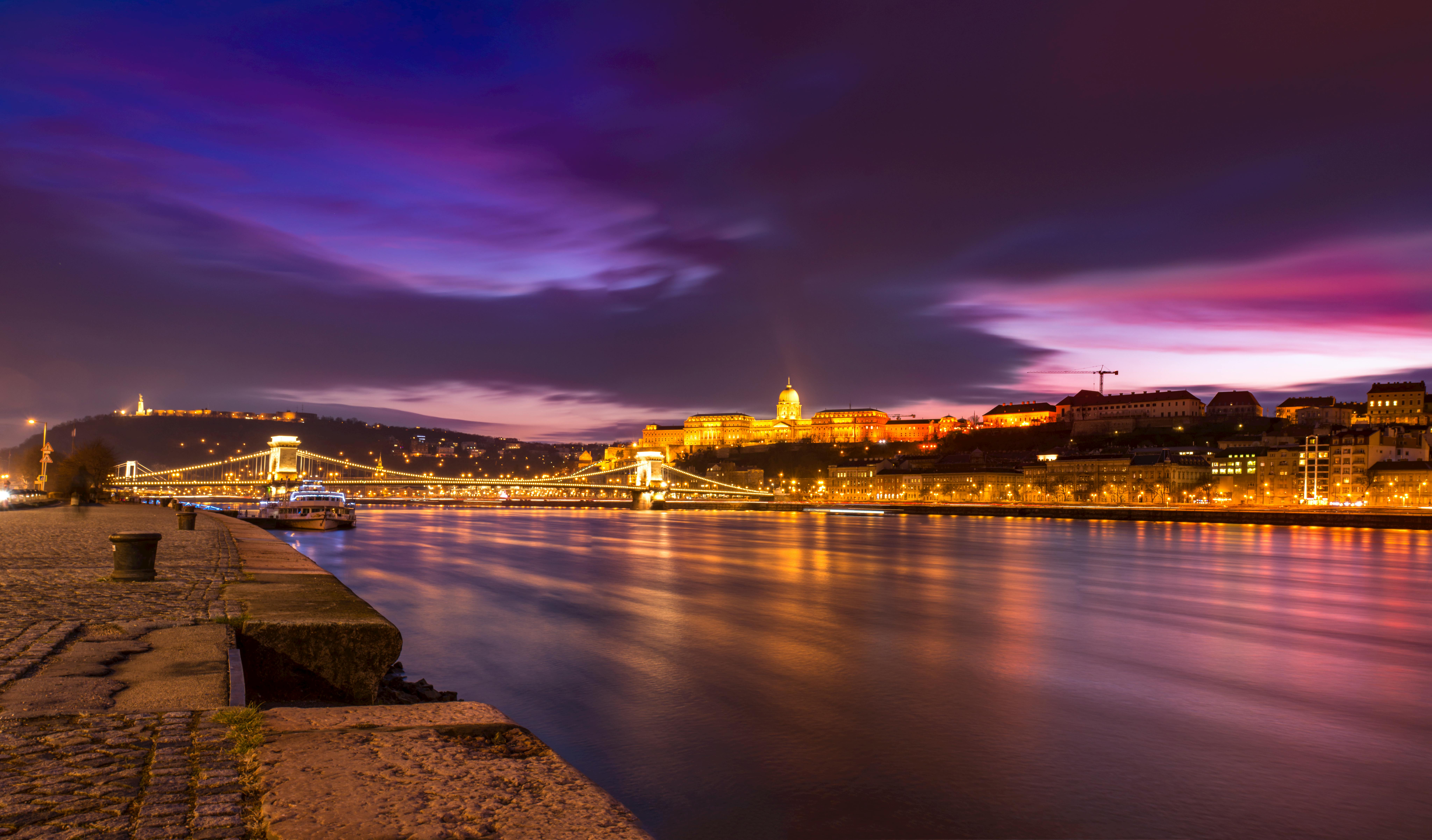
How to get there:
By Bus
- From Austria: FlixBus and Eurolines operate frequent bus services from Vienna (€5-15, 2.5 hours) and other major cities.
- From Slovakia: Bus companies like FlixBus, Eurolines, and RegioJet connect Bratislava (€5-10, 2.5 hours) and other Slovak cities.
- From Ukraine: Ukrbus and FlixBus operate from Lviv (€20-30, 10 hours) and other Ukrainian cities.
- From Romania: Fany and Softrans operate from Bucharest (€20-30, 7 hours) and other Romanian cities.
- From Serbia: FlixBus and Lasta operate from Belgrade (€20-30, 6 hours) and other Serbian cities.
- From Croatia: FlixBus and Plitvice Tours operate from Zagreb (€15-25, 4 hours) and other Croatian cities.
- From Slovenia: FlixBus and Nomago operate from Ljubljana (€10-20, 4 hours) and other Slovenian cities.
By Train
- From Austria: ÖBB and MÁV operate frequent train services from Vienna (€20-40, 2.5 hours) and other major cities.
- From Slovakia: ŽSSK and MÁV connect Bratislava (€10-20, 2.5 hours) and other Slovak cities.
- From Ukraine: Ukrzaliznytsia operates from Lviv (€30-50, 12 hours) and other Ukrainian cities.
- From Romania: CFR Călători operates from Bucharest (€30-50, 10 hours) and other Romanian cities.
Hitchhiking to Hungary
- Hitchhiking is a great way to experience the thrill of adventure while traveling to Hungary. Here are some tips:
- Major highways and roads
- Best routes:
- From Austria: A4 highway from Vienna to Budapest
- From Slovakia: E58 highway from Bratislava to Budapest
- From Ukraine: E40 highway from Lviv to Budapest
- Popular hitchhiking spots:
- Gas stations, rest stops, and border crossings
When to go:
1. Spring (March to May)
- Weather: Mild temperatures (10-20°C/50-68°F), fewer tourists and lower prices.
- Events: Budapest Spring Festival (March), Hungarian Formula 1 Grand Prix (July, but tickets go on sale in spring).
- Tips: Enjoy blooming flowers, greenery and festivals without the peak-season crowds.
2. Autumn (September to November)
- Weather: Comfortable temperatures (10-20°C/50-68°F), scenic foliage.
- Events: Budapest Autumn Festival (September), Sziget Festival (August, but some events spill into September).
- Tips: Relish the golden light, harvest activities and fewer tourists.
3. Shoulder Season (April to June, September to October)
- Weather: Pleasant temperatures (15-25°C/59-77°F), fewer crowds.
- Events: Various festivals like the Busójárás (February), Hollókő Folk Festival (April) and Eger Wine Festival (July).
- Tips: Make the most of lower prices, comfortable weather and exciting events.
4. Off-Season (November to March)
Tips: Experience authentic Hungarian culture, enjoy hot springs and thermal baths, and snag budget-friendly accommodations.
Weather: Chilly (0-10°C/32-50°F), some attractions might be closed.
Events: Christmas markets (December), New Year’s festivities.
Best Itineraries:
Here are some budget-friendly itineraries for backpacking in Hungary:
3-Day Itinerary: Budapest Essentials
- Day 1:
- Explore the Parliament Building and St. Stephen’s Basilica (free admission, guided tours available).
- Walk along the Danube Promenade and visit the Shoes on the Danube Bank memorial.
- Enjoy traditional Hungarian cuisine at a local eatery.
- Day 2:
- Visit the Buda Castle and Budapest History Museum (reduced ticket for castle district).
- Relax in one of Budapest’s thermal baths (e.g., Széchenyi or Rudas).
- Explore the ruin bars (e.g., Szimpla Kert).
- Day 3:
- Take a free walking tour to discover hidden gems.
- Visit the Great Market Hall for food, souvenirs and local culture.
- Enjoy a scenic sunset view from Gellért Hill.
1-Week Itinerary: Explore Budapest and Lake Balaton
- Days 1-3: Follow the 3-day Budapest itinerary.
- Day 4: Travel to Lake Balaton (train or bus, ~3 hours).
- Day 5: Enjoy swimming, sailing or hiking at Lake Balaton.
- Day 6: Visit the picturesque town of Tihany and its abbey.
- Day 7: Return to Budapest for departure.
2-Week Itinerary: Discover Hungary’s Hidden Gems
- Days 1-3: Explore Budapest.
- Days 4-5: Visit Eger (train, ~1.5 hours), explore the castle, thermal baths and Valley of the Beautiful Women.
- Days 6-7: Travel to Pécs (train, ~3 hours), discover its rich history and cultural attractions.
- Days 8-9: Explore the scenic Aggtelek National Park and its stunning caves.
- Days 10-14: Return to Budapest, visit nearby towns like Szentendre and Esztergom.
1-Month Itinerary: In-Depth Hungary Exploration
- Weeks 1-2: Explore Budapest, Lake Balaton, Eger and Pécs.
- Week 3:
- Visit the scenic Danube Bend.
- Explore the charming towns of Győr and Keszthely.
- Discover the stunning waterfalls of the Aggtelek National Park.
- Week 4:
- Travel to the Great Hungarian Plain.
- Visit the historic cities of Debrecen and Szeged.
- Explore the beautiful Bükk National Park.
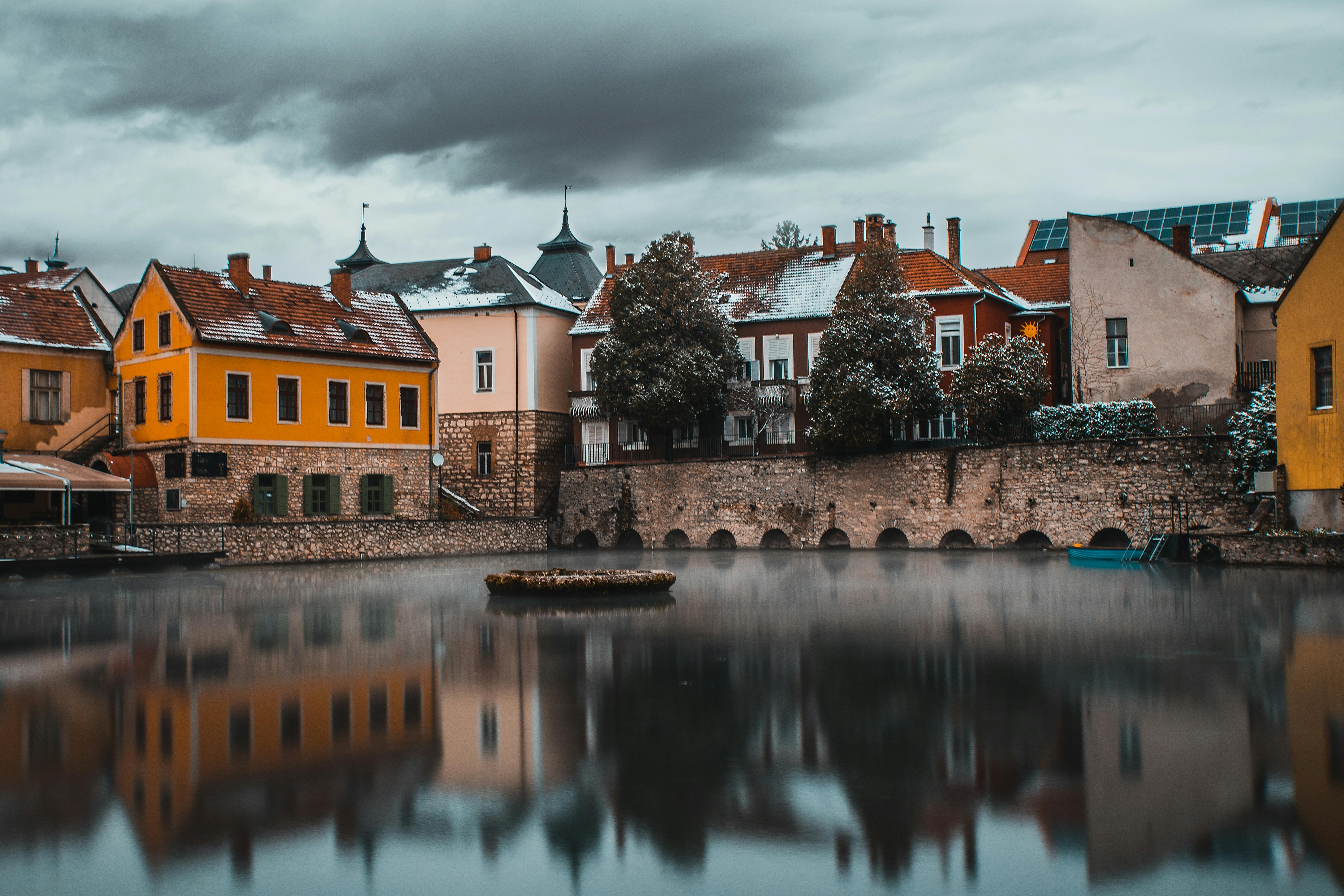
Transportation:
Hungary boasts an efficient and well-developed public transportation system, making it easy to explore its vibrant cities and scenic countryside.
1. Bus
- Volánbusz: Hungary’s national bus network, connecting cities and rural areas.
- BKV: Budapest’s municipal bus system, with 200+ lines.
- FlixBus: International bus connections.
2. Train
- MÁV: Hungarian State Railways, offering domestic and international routes.
- InterCity: Faster trains connecting major cities.
- Regional trains: Slower, stopping at local stations.
3. Tram
- BKV: Budapest’s extensive tram network, 30+ lines.
- SZKT: Szeged’s tram system.
- Debrecen: Debrecen’s tram network.
4. Metro
- Budapest Metro: 4 lines, convenient for city exploration.
5. Boat
- MAHART: Passenger boat services on Lake Balaton and Danube River.
- Duna-Tisza: Boat tours and transportation.
Ticketing and Payment
1. Single Tickets
- Available for buses, trams and metro.
- Valid for 1 ride (bus, tram) or 1 hour (metro).
2. Travel Cards
- Budapest Card: Unlimited travel, discounts and free entry to attractions.
- Hungary Card: National travel card with discounts.
3. Passes
- Daily Pass: Unlimited travel for 1 day.
- Weekly Pass: Unlimited travel for 7 days.
4. Mobile Payments
MÁV app: Hungarian State Railways’ mobile app.
BKK Futár: Budapest’s mobile ticketing app.
Top things to do:
Budapest
- Explore the Parliament Building and surrounding area (free)
- Visit the Széchenyi Thermal Bath (around $20)
- Walk along the Danube Promenade (free)
- Visit Buda Castle and the Castle District (free, but some attractions may have a fee)
- Check out the ruin bars (e.g., Szimpla Kert, Fogasház) for affordable drinks and atmosphere
- Take a free walking tour of the city
- Visit the Museum of Fine Arts (around $10)
- Relax in the City Park (free)
- Explore the historic Andrássy Avenue (free)
- Visit the House of Terror Museum (around $10)
Pest
- Visit the stunning St. Stephen’s Basilica (free, but elevator to the top costs around $5)
- Explore the trendy ruin bars and cafes in the Jewish Quarter
- Check out the iconic New York Café (coffee around $5)
- Visit the Hungarian State Opera House (guided tours around $10)
- Shop at the Great Market Hall (free to browse)
- Visit the Museum of Applied Arts (around $10)
- Relax in the scenic Károlyi Garden (free)
Buda Hills
- Hike to the top of Gellért Hill for panoramic views (free)
- Visit the Citadella and Liberty Statue (free)
- Explore the scenic hills and forests of the Buda Hills nature reserve (free)
- Take a scenic train ride on the Children’s Railway (around $5)
- Visit the scenic János Hill (free)
- Explore the caves of the Buda Hills (guided tours around $10)
Lake Balaton
- Relax on the beaches of Siófok or Balatonfüred (free)
- Take a boat tour or rent a bike and explore the lake (around $20-$30)
- Visit the picturesque town of Tihany (free)
- Hike in the Tihany Peninsula nature reserve (free)
- Explore the scenic town of Veszprém (free)
- Visit the Balaton Uplands National Park (free)
Eger
- Explore the stunning Eger Castle (around $10)
- Visit the Valley of the Beautiful Women (wine tastings around $10-$20)
- Relax in the thermal waters of the Egerszalók Thermal Bath (around $20)
- Take a scenic hike in the Bükk Mountains (free)
- Visit the historic town center (free)
- Explore the scenic Szilvásvárad village (free)
Pécs
- Explore the historic city center, a UNESCO World Heritage Site (free)
- Visit the stunning Pécs Cathedral (free)
- Check out the Zsolnay Museum (around $10)
- Relax in the scenic Mecsek Hills (free)
- Visit the ancient Roman ruins of Sopianae (free)
- Explore the charming streets of the Old Town (free)
Szentendre
- Explore the charming, artistic town (free)
- Visit the Szentendre Cathedral (free)
- Check out the Margit Kovács Museum (around $5)
- Take a scenic boat tour on the Danube (around $20)
- Visit the scenic Skanzen Folk Architecture Museum (around $10)
- Relax in the scenic Danube Riverbank (free)
Szeged
- Explore the stunning Szeged Cathedral (free)
- Visit the scenic Szeged Botanical Garden (free)
- Relax in the thermal waters of the Szeged Thermal Bath (around $20)
- Take a scenic walk along the Tisza River (free)
- Visit the historic town center (free)
- Explore the scenic Móra Ferenc Museum (around $10)
Debrecen
- Explore the stunning Debrecen Reformed Great Church (free)
- Visit the scenic Debrecen Zoo and Botanical Garden (around $10)
- Relax in the thermal waters of the Debrecen Thermal Bath (around $20)
- Take a scenic hike in the surrounding Great Hungarian Plain (free)
- Visit the historic town center (free)
- Explore the scenic Déri Museum (around $10)
Miskolc
Relax in the thermal waters of the Miskolctapolca Thermal Cave Bath (around $20)
Explore the stunning Miskolc Castle (around $10)
Visit the scenic Bükk National Park (free)
Food:
Traditional and cultural, yet Foodie heaven, Hungary is the place to go. A culinary dream with its delicious meats, fresh vegetables, and fragrant spices, it is a must-visit destination for foodies who like to try out the local flavors.
Comfort food-exquisite sausages frying on coal and freshly baked bread-tease your nostrils as you walk along the busy streets of Budapest. While walking through the busy streets of Budapest, the distinctive smell of sausages fried on coal and freshly baked bread teases your nostrils, tickling your taste buds and tempting you toward the nearest street food stall or typical restaurant. Hungarian cuisine is all about comfort food-dishes that warm your heart and fill your belly.
One of the most iconic dishes in Hungarian cuisine has to be goulash: a rich, flavorful stew made from tender beef, pork, or lamb and with the essences of various spices. Served with crusty bread or dumplings, it is sure to become the ultimate remedy for a chill in the evening. The next one is the langos, a crispy fried dough topped with garlic, cheese, and sour cream, and is perfect for having a quick snack or light meal.
Hungary will be a meat-lover’s heaven. Traditional paprikás csirke, or chicken in creamy paprika sauce, and vadas, a game stew, illustrate Hungarians’ romance with rich, savory meats. And naturally, there are the sausages: spicy kolbász and székelygulyás that no sausage lover can afford to miss.
But Hungarian food is not all about meat; the country is equally famous for its great pastries and sweets. Flaky rétes or strudel may come with sweet cheese, apples, or cherries inside, and the iconic Dobos Torte-layered sponge with rich chocolate buttercream-really is the number one a chocolate lover should try.
Hungarian cuisine is also heavily influenced by Ottoman and Austrian, as seen in the use of spices, the coffee culture, and fine pastry shops. From classic coffeehouses serving a powerful espresso and frail pastry to the busy markets offering artisanal cheeses and fresh produce, the Hungarian food scene reflects the country’s tumultuous history in vivid color.
Mealtimes are sacred in Hungary; food is one big celebration of community and tradition. Whether you’re having dinner in one of those romantic restaurants in Budapest or sharing a hearty meal with newfound friends in some rustic tavern, the country’s love for good food is as infectious as the hospitality.
Come and taste Hungary-before you go on a gastronomic tour to feel it’s not enough. Rich flavors, big portions, hospitable people-Hungary is just a real foodie dream waiting to be tried.
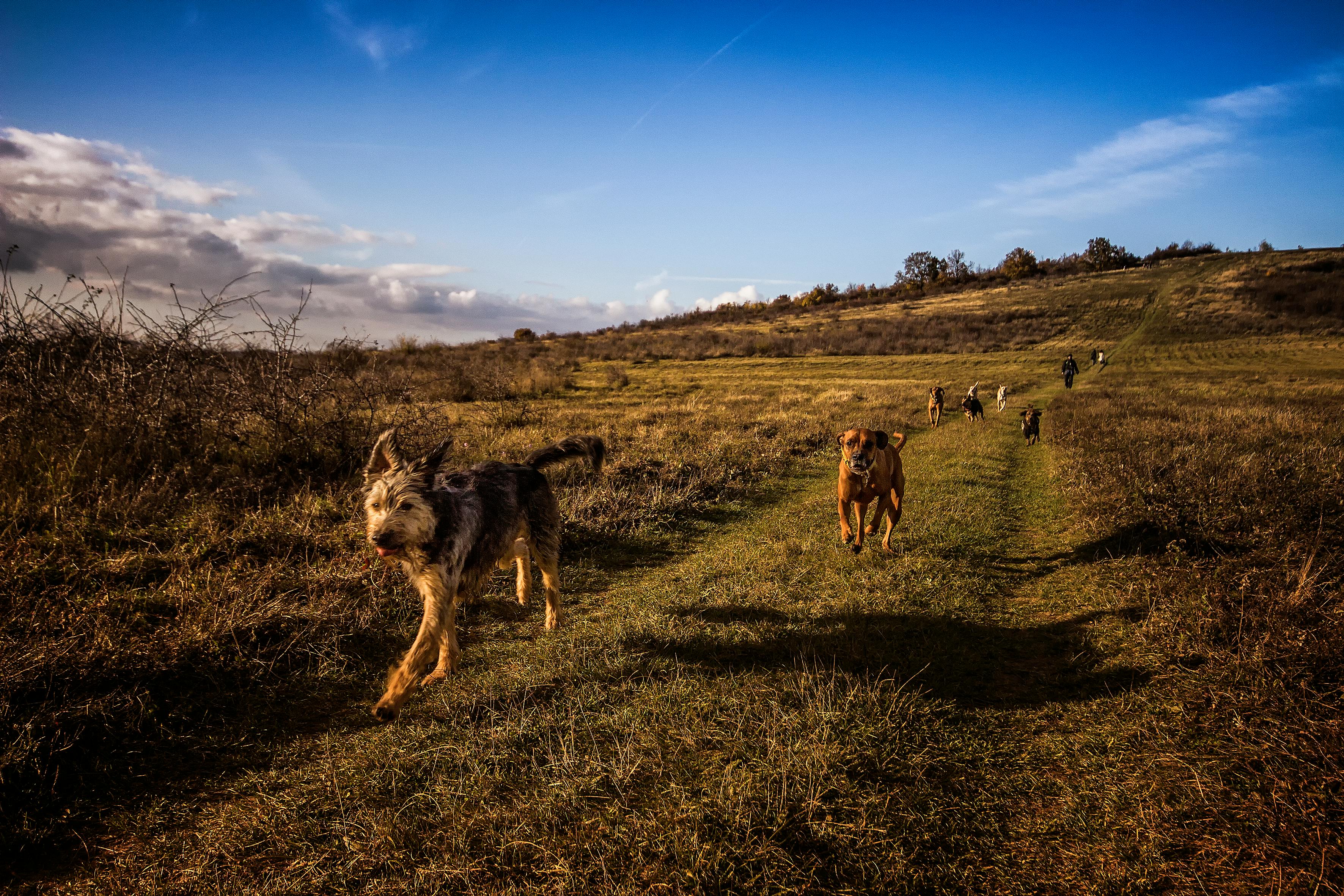
Culture:
Its complex history, its geographic location, and the resilience of its people have all combined to give Hungary a unique cultural identity tucked away in Central Europe. A country whose facets are very captivating to the visitors, the intertwined tapestry of tradition, arts, and values forms the very basis.
Connected with Hungarian culture is a deep respect for heritage and history, inculcated into the country by its stormy and wild past-a country that suffered both under Ottoman and Austrian occupations. It evokes pride among the nationals, which is reflected from grand Budapest Parliament to picturesque Szentendre with its cobblestone streets lined by colored Baroque houses.
Music and dance are an integral part of Hungarian culture, mirrored in the attachment of the people to folk traditions. The magical sounds of the cimbalom, a stringed instrument, together with energetic rhythms characterizing folk dances like csárdás, have become synonymous with Hungarian heritage. These kinds of music and dance are very much alive, as is evident from several festivals and cultural events celebrating the rich cultural heritage of the nation.
Literature holds a hallowed place in Hungarian culture-from the iconic poets Attila József and Endre Ady, whose marks have been left on the nation’s literary scene, to the famous writers like Nobel Prize winner Imre Kertész and Péter Esterházy. This love of literature is reflected not only in the many bookstores, libraries, and literary festivals of Budapest but also in the fact that more of this country’s writers have received the Nobel Prize for literature than writers of any other nation.
Hungarian art, full of bold colors and emotive themes, reflects the different life perspective of the country. Renowned artists, such as Tivadar Kosztka Csontváry, one of the greatest pioneers of Hungarian avant-garde, and Lajos Tihanyi, one of the most outstanding representatives of the modern art movement of the country, give the nation its creative flair.
Hungarian culture holds family and community ties dear, with mealtimes often proving occasions to foster ties and build new ones. Traditional Hungarian dishes, like goulash and langos, draw people together through the usage of food as a method of creating community and shared origin.
With the country’s great emphasis on education and intellectual pursuits, it has managed to produce many famous scientists, mathematicians, and innovators. The impressive history of scientific discovery that covers everything from the groundbreaking work by Albert Szent-Györgyi to the innovative work by John von Neumann underlines the commitment of this nation towards intellectual curiosity.
Equally important to Hungarian culture are the many festivals and celebrations that take place. The famous Sziget Festival-one full, week-long extravaganza of music, art, and culture-attracts visitors from all over the world. Other famous events include the Busójárás, included in UNESCO as a folk custom, and the Eger Wine Festival, which are infectedly vivacious.
The impressive combination of a strong sense of tradition, on the one hand, with marked modernity on the other hand, determines what is peculiar in the Hungarian identity, flowing between nostalgia and forward-thinking features. Although everything in this country is changing, its rich cultural heritage is preserved as a very important part of its identity, of which every future generation will be proud to look back and cherish this remarkable inheritance.
Accommodations:
Hungary, with its rich historic background, moving culture, and beautiful landscapes, stays abreast in the race for being a budget-conscious traveler’s paradise for some very unique and unforgiving hostel experiences. From one of the busiest places, Budapest, to the rural towns, variety regarding hostels is simply amazing.
The most surprising thing in Hungarian hostel culture could be how incredibly affordable this country can get. Sure, there are hostels that offer the highest level of luxury imaginable, but often, it’s some of the humblest establishments that hold many of the best experiences. Such is often the case in European destinations: the best, most unique, most crazy hostels sometimes come among the lower-priced options. In fact, it is by embracing this ethos that travelers can find some real gems, where character, camaraderie, and warmth take center stage.
Most of the hostels in Hungary are designed in a very interesting manner, being a mix between traditional and modern in a very eclectic way. Be it colorful decor, quirky artwork, or just playful touches, they are enablers that show how an area might be physically small but will still become extraordinary. The sort of unique charm that is going to create an infectious atmosphere: socializing, shared laughter, and spontaneous adventures.
What is so peculiar in Hungarian hostels is their exceptional hospitality. Quite often, either in family-run places or standalone hostels, one will receive personalized attention, good insider tips, and much-wanted heart-warming approaches. The owners are so ready to suggest hidden treasures, routes off the beaten track, and authentic experiences in which travelers can be submerged in the culture of Hungary.
Hungarian hostels can offer a wide range of budgets, from inexpensive dorms to private rooms. Compared with Western European countries, the prices are usually lower, which makes Hungary a very attractive country for guests with limited budgets. Convenient locations, proximity to public transportation, and accessible amenities ensure stress-free exploration.
An outstanding way of ensuring that one gets the most unique, genuine, and memorable hostel experiences is through booking the cheapest ones. These are indeed hidden treasures, since their experience mostly exceeds expectations; these are places where one will find unpretentiousness and an atmosphere so genuinely real-a chance to connect with fellow travelers, a peek at the locals through the passion in a host’s eyes, touches of quirky charm and character, and memories that will truly last.
The hostel scene in Hungary is just begging to be discovered. With the possibility of making reservations on a shoestring budget and the anticipation of quirkiness, guests can unlock memories that will last for a lifetime.
Nightlife:
All in all, nightlife is something in Hungary that breathes energy-the way it transforms historic streets, abandoned buildings, and beautiful riverbanks into real party hotspots. From ruin bars in Budapest, to lakefront clubs, to underground rave scenes across the nation, diversity tastes are catered for.
The capital, Budapest is known for the revolutionary ruin bars that are eccentric, artsy retreats born from derelict buildings. With élan both old and new, these fairylike places brim with eclectic decor, live music, and an infectious atmosphere. Ruin bars like Fogasház and Szimpla Kert are institutions, encapsulating Budapest’s bold and ingenious spirit.
When the night starts to fall, Hungarian cities turn into a fairy tale of choices: refined cocktail bars, cozy wine cellars, or beer halls offering a stylish evening; the beats of electronic dance music coming from clubs and warehouses; and summer festivals like Sziget and Balaton Sound attract crowds from all around the world, putting Hungary in a better position to be known as a festival haven.
Lake Balaton is Hungary’s summer hot spot and turns into a party hub. This lakeside experience is unparalleled: beachside bars, clubs along the water, sailboat parties-starting at dawn, sunbathers relax on pretty beaches or wander around villages nearby.
Besides Budapest, other cities with fantastic nightlife are Debrecen, Szeged, and Pécs. Local universities guarantee a lively atmosphere; students are creative, and fledgling cultural initiatives crop up regularly. These smaller towns allow for closer interactions between visitors and locals in cozy settings.
Nightlife in Hungary is often spontaneous and improvisational. The places change, and the newest and trendiest places pop up almost out of nowhere. Knowing the insider and word of mouth is the only ways to discover tiny underground art squats or secretive speakeasies hidden from touristic view.
Be flexible and spontaneous, and an unforgettable nightlife awaits in Hungary. Wander down narrow streets, ask around, and let the beat catch you. In this enchanting land, nights melt into mornings, and memories stay on forever.
With a furtive hint of modernity intertwined with the threads of a magnificent historical and cultural heritage, Hungary offers an experience in nightlife that is hard to find anywhere else. The changing landscapes of Hungary-from sophisticated evenings to wild parties-ensure that no two experiences can ever be replicated exactly as another.
Come and revel in every pulsating beat of the nightlife in Hungary-from ruin bars to lakefront parties and underground beats.
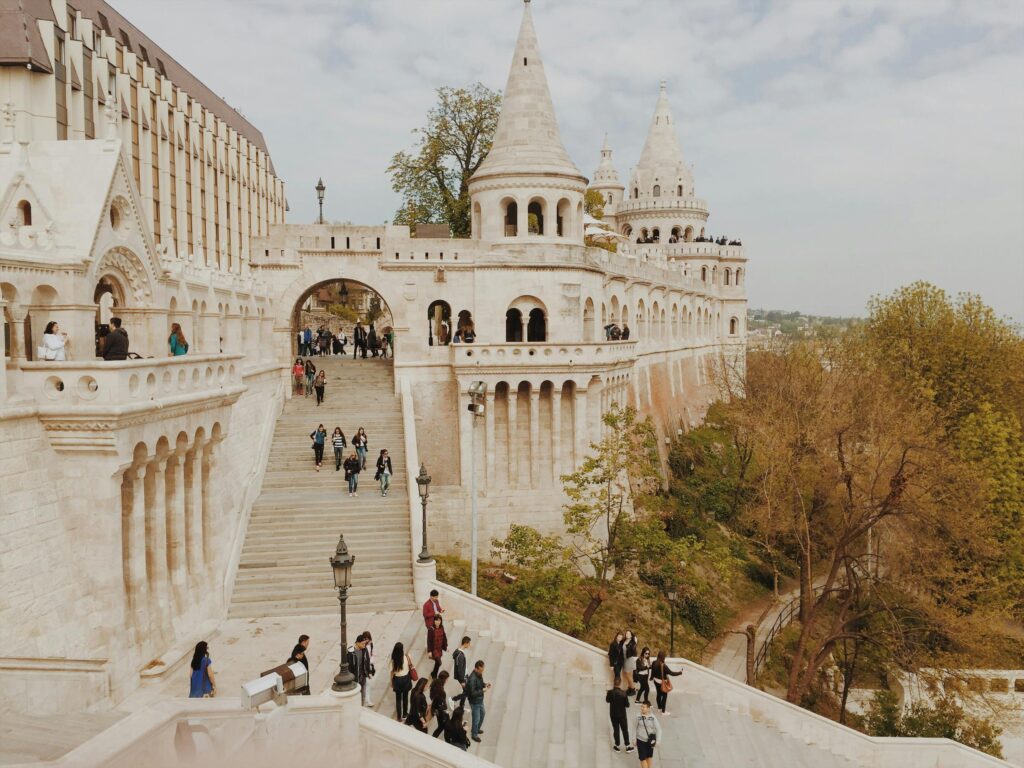
Backpacking Hungary costs:
Daily Budget
- Accommodation: $5-10
- Food: $3-5
- Transportation: $1-2
- Attractions: $1-5
- Total: $10-22
Weekly Budget
Total: $70-154
Accommodation: $35-70
Food: $21-35
Transportation: $7-14
Attractions: $7-35
Conclusion:
Conclusion: Hungary’s Best Kept Secrets on Shoestring
Broke backpacking through Hungary is only waiting to happen. Full of history, pulsating with culture, and having the most dramatic landscapes, this intriguing country offers unsurpassed experiences at unimaginable prices.
From Budapest’s quirkily unique ruin bars to hiking in the stunning Buda Hills, every day is a sensation with the diversity of Hungary. The budget-friendliness leads to practicality: the opportunity for immersion into everyday lifestyles and authentic cultural encounters.
Because it’s so affordable, Hungary can be a great destination for poor backpackers: typical daily budgets start at just $10-20. This means you can easily give yourself a food coma with delicious Hungarian food, be amazed by spectacular natural scenery, and enjoy crazy nightlife-all without breaking the bank.
Be flexible and open-minded, do proper research in advance and book accordingly, and mingle with locals and other tourists to get the most out of Hungary. Don’t stay within the tourist vicinity but instead head out to find better places to create long-lasting memories.
Hungary opens its arms and invites adventurers with an open heart. Come explore the livewire cities, breathtaking landscapes, and glorious heritage that it has in store to offer. And it goes without saying why Hungary is called a haven for ‘broke’ backpackers.
Happy Backpacking, Hungary Awaits!
